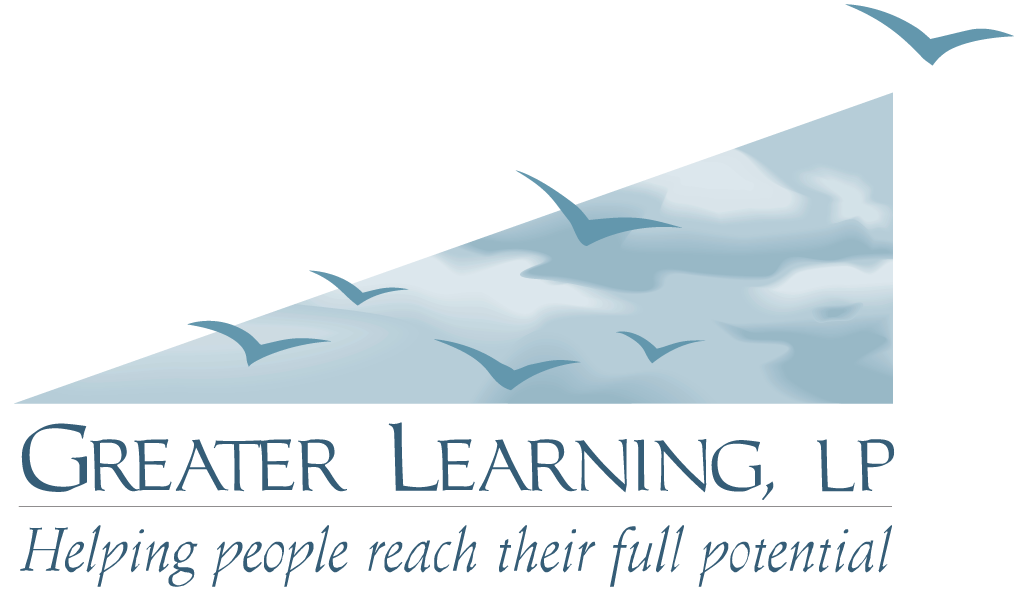The early stages of speech and language development are an exciting time for you and your child. It is a time of wonder as your child acquires new skills. Parents often have questions about how to best help their child’s speech and language development or may have concerns about their child’s speech and language development.
Building Language Skills
Parents are often tempted to use baby–talk when speaking with a young child. Parents, however, can best facilitate appropriate development of speech and language skills by using their normal speaking voice when talking to their child. It is also helpful to use correct forms of words rather than the form the child is using, like sheep v. sheeps. While the child may not be able to, from a developmental standpoint, be able to say the word correctly, they need to continue to hear the correct form of the word in order to produce it correctly.
Speech and language development can be supported through daily activities by talking about what you as the parent are doing as well as what the child is doing. Using language to describe actions and activities supports language development in the areas of vocabulary, sentence structure, word forms, and sequencing. Parents can also encourage speech and language development in their toddlers through use of nursery rhymes.
Speech and Language Defined
The term speech refers to how sounds are made and strung together to be understood. The term language refers to the ability to understand what is said, or comprehension, and the ability to put thoughts into words, or expression.
Normal Speech and Language Development
While some general guidelines for “normal” speech and language development can be predictable, it is important to remember that each child is unique and their development may vary. An awareness of normal speech and language development is helpful in determining if your own child’s speech and language development is consistent with age expectation or raises concern and suggests the need for a speech and language evaluation.
The 1-Year-Old
- Vocalizes during play
- Uses consonants and vowels in vocal play
- Uses sentence like jargon
- May acquire first true words
- Follows simple commands
The 2-Year-Old
- Combines two words into phrases
- Jargon is absent
- Names/labels familiar objects
- Object permanence is fully acquired
- Can identify and name 5 or more pictures
The 3-Year-Old
- Speech is 80% intelligible
- Produces three to four word sentences
- Knows basic concepts of “in”, “on” and “under”
- Answers simple “who” and “where” questions
- Asks simple questions
The 4-Year-Old
- Has a sentence length of 4 to 5 words
- Has a vocabulary of approximately 1500 words
- Begins using simple past tense verbs correctly, like walk or walked
- Is able to ask complex questions “who” and “why”
- Can tell two events in order of sequence
Factors that can Affect Normal Speech and Language Development
There are many factors that can negatively influence speech and language development. The following is a list of factors we know can contribute to a speech and/or language disorder. This list is not intended to be exhaustive but to only represent factors we know can negatively influence speech and language development.
- Middle ear infections
- Hearing loss
- Physical impairments such as a cleft lip or palate
- Neurological disorders such as cerebral palsy
*Note we often are unable to identify a causal relationship with speech and language disabilities we treat and a medical diagnosis.
Speech and Language Disorders
A child who consistently mispronounces words or sounds and is having difficulty being understood may have an articulation or phonological disorder.
Children who are slow to develop skills or perform below their age expectation in the comprehension and use of language may have a language delay or language disorder. These children may have difficulty listening or attending to auditory/verbal instructions, may not be able to follow verbal directions or may have difficulty expressing themselves using correct words or using sentences of length and complexity expected for their age.


0 Comments